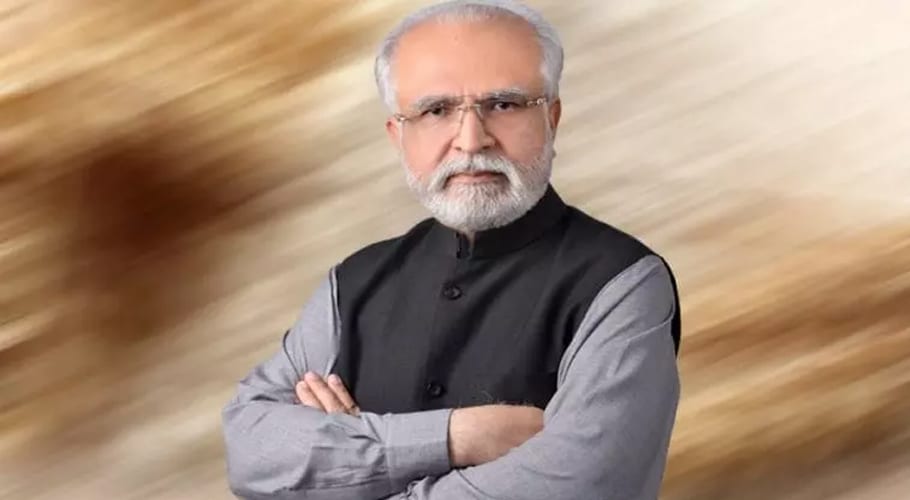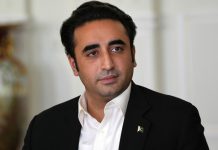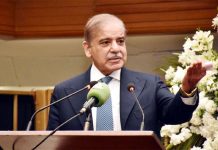From Zeeshan Mirza
KARACHI: Member of the National Assembly (MNA) Mahmood Baqi Maulvi, who was elected on a Pakistan Tehreek-e-Insaf (PTI) ticket, announced Tuesday that he was exiting the party following countrywide riots after party chairman Imran Khan’s arrest.
Khan was arrested from the premises of the Islamabad High Court (IHC) on May 9 by the Rangers on the warrants of the National Accountability Bureau (NAB). Following his arrest, the party’s supporters wreaked havoc almost across the country for days, including attacks on military installations.
In a press conference in Karachi, Maulvi announced his resignation from the lower house of parliament and exit from the PTI. “We can change political parties but we cannot change our army. I have never gone against the army nor will I do it in the future,” he stressed.
He also shared that party workers had been discussing before May 9 that they would go to the General Headquarters (GHQ) in Rawalpindi in case Khan was arrested.
“I told them we should not fight against the army because there is no reason for it.” Maulvi said neither did he know the people who participated in the violent protests, nor was he a part of them, adding that the actions of those in-volved in the riots were “indefensible”.
“It is not permissible to fight against the army anywhere,” he added. He further clarified that he was not going to join another political party. Instead, he would either form a social welfare organisation or a new party.
Maulvi also demanded that the PTI announce it would punish all those involved in the riots. The MNA’s announcement comes days after enraged PTI workers raised the stakes following Khan’s arrest — who has criticised the army since his ouster from power last April — and attacked an entrance gate of the GHQ among other installations of the armed forces.
The situation stabilised after Khan was released on court orders. After walking free on bail, the party chief insisted his workers did not instigate violence and distanced the PTI from them.
A day earlier, the military’s top brass vowed to try protesters and their abettors under relevant laws, including the Pa-kistan Army Act and the Official Secrets Act, following the attacks on military installations on May 9, which the army dubbed as “Black Day”.




